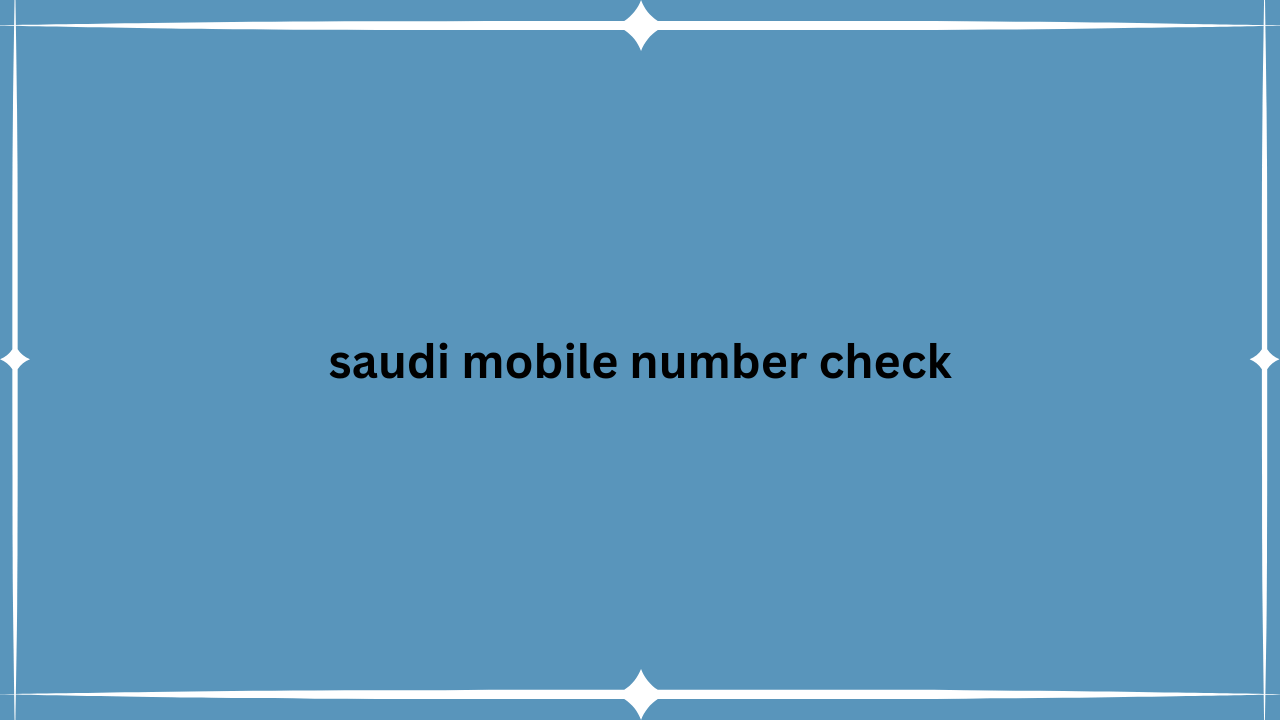COVID-19 has changed many aspects of our lives, while at the same time boosting other consumer habits such as online shopping. For this reason, Check Point researchers warn of the alarming increase in malicious phishing campaigns that use Black Friday and Cyber Monday offers as a hook. Aware that cybercriminals take advantage of these moments of massive online traffic to make their own financial gain, the company provides the keys to being protected and being able to make digital purchases with total security.
According to Check Point researchers
The first week of this month saw an 80% increase in the number of email phishing campaigns related to special offers compared to October – the number of malicious campaigns as of November 10 already exceeded the total figures for the previous month. These malicious messages use words such as “special”, “offer”, “sale”, “cheap” and “% off” to attract the attention of their victims. In addition, the company’s researchers estimate that 1 in 826 messages delivered to recipients around the world is phishing, 13 times more than in October. In fact, according to the Check Point Brand Phishing Report for Q3, email (44%) is the most commonly used attack vector to spread these types of campaigns.
Big brands, the most used bait by cybercriminals
During peak shopping periods such as Black Friday or Cyber Monday. Brands take advantage of the opportunity to launch special discounts to attract consumers. Cybercriminals email campaigns are aware of this fact and take advantage of the opportunity to impersonate well-known companies. In recent weeks, for example, the company’s researchers discovered a phishing campaign in which the jewelry brand “Pandora” was used as a lure.
Under the subject line “Cyber Monday, only 24 hours left!. The scammers sent thousands of emails using the sender name “Pandora Jewelry.” The sender contains an Amazon saudi mobile number check domain. There is no mention of the e-commerce giant in the email or any of the other links. Further investigation verified that the email address had been spoofed to trick. Victims into believing the message had been sent from Amazon.
The body of the text included links
That redirected to the website although days later this URL was replaced. These websites were registered between late October and early November. Just before business-to-business: what is the difference between roi and roas? the phishing emails were sent. A strong indication that this was a scam. In fact, they were able to verify that, in both cases. The websites to which the emails linked were an imitation of the original Pandora site.
Restrictions imposed to combat the spread material data of the virus are driving up online shopping even further. As a result, we expect malicious activity to increase as well. Especially as we get closer to dates like black friday and cyber monday. Said omer dembisnky, head of data intelligence at check point.
In recent weeks
We’ve seen cybercriminals using hooks like ‘special offers’ to catch the attention of victims. These phishing campaigns are highly advanced, and can trick shoppers into mistaking them for real deals. We live in a time when we need to be extra cautious with every email we receive. So I advise all consumers to think twice before clicking on a special offer. One of their favorite brands,” added dembisnky.

